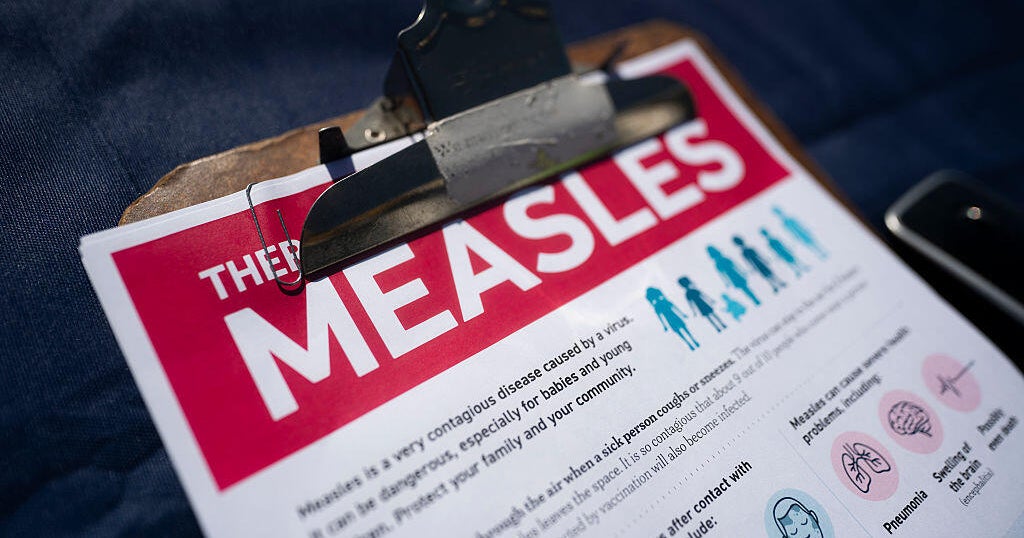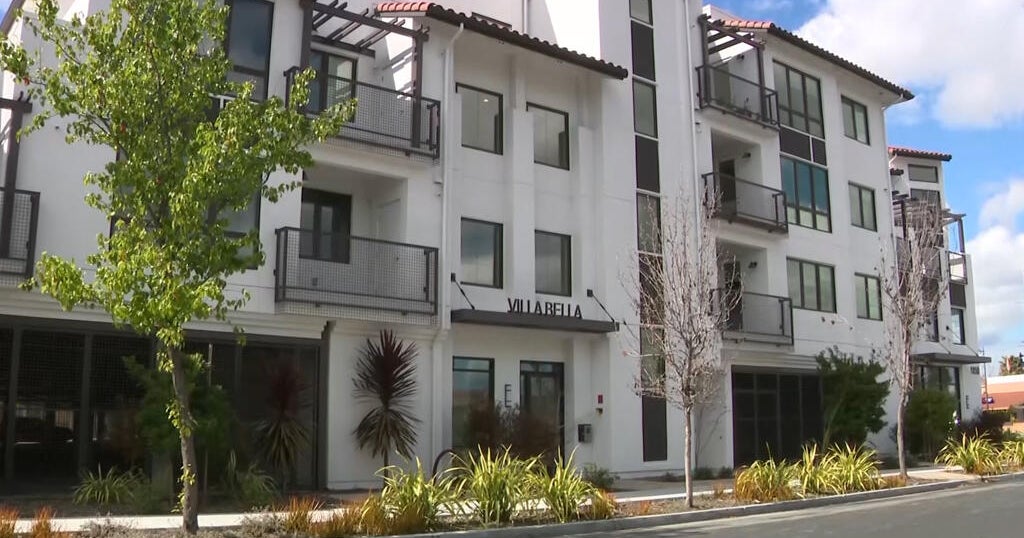Florida jobless claims remain at pre-pandemic pace
TALLAHASSEE - First-time unemployment claims in Florida remain relatively flat and at a pre-pandemic pace, reflecting strong economic activity amid lingering inflation.
The U.S. Department of Labor on Thursday issued a report that estimated 5,135 first-time claims were filed in Florida during the week that ended Aug. 27.
That was down from a revised count of 5,809 claims during the week that ended Aug. 20. Despite a brief uptick in January, Florida has been around 6,000 to 8,000 new claims a week for most of the past year.
The numbers are similar to the levels of claims filed before the COVID-19 pandemic crashed into the economy in early 2020 and caused massive job losses. But while the state's economy has rebounded, businesses still struggle to find qualified workers to meet demand from consumers, said Adrienne Johnston, chief economist at the Florida Department of Economic Opportunity.
"We actually are seeing, right now, there are more people, more Floridians in our labor market," Johnston said in the Florida Chamber of Commerce's "Future of Work Florida" podcast posted Wednesday. "That means more people, talented workers, are out there actively seeking work. And we actually have seen that employers are reporting more payroll numbers than they had prior to the pandemic."
The Department of Economic Opportunity reported Florida's unemployment rate stood at 2.7 percent in July, matching the level before the pandemic. The department will issue an August report on Sept. 16.
The July rate, reflecting an estimated 283,000 Floridians out of work from a workforce of about 10.66 million, was down from 2.8 percent in June and 4.5 percent in July 2021. It also came amid signs, including a drop in gasoline prices, that inflation has slowed after hitting a 40-year high of 9.1 percent in June.
Over the past four weeks, the state has averaged 5,754 unemployment claims a week.
During an appearance Tuesday in Live Oak, Gov. Ron DeSantis touted Florida's economic climate, as the state had a lower unemployment rate than the national mark of 3.5 percent in July.
"People have gravitated here because they knew they could be free over the last couple years," DeSantis said. "I mean, you look at these people that would come from these lockdown jurisdictions just to visit Florida. They'd get off the plane. And they're like, 'Man, you know, this must be what it felt like to go from East Berlin to West Berlin.'"
While businesses try to decipher varying economic signs, Florida continues to experience higher-than-normal numbers of people leaving jobs for opportunities with better pay and benefits.
"I would also point out that while most employers are reporting that they're having struggles finding qualified talent, there are some concentrations in certain industries like leisure and hospitality," Johnston said. "So, it is widespread, but there are certain areas that are struggling more than others."
In August, state economists updated projections of general-revenue tax collections for the current 2022-2023 fiscal year and the 2023-2024 year by about $5.3 billion.
The increased projections, however, came with concerns about an economic "downshift" this fiscal year, which started July 1, and an anticipated slowdown in the housing market.







